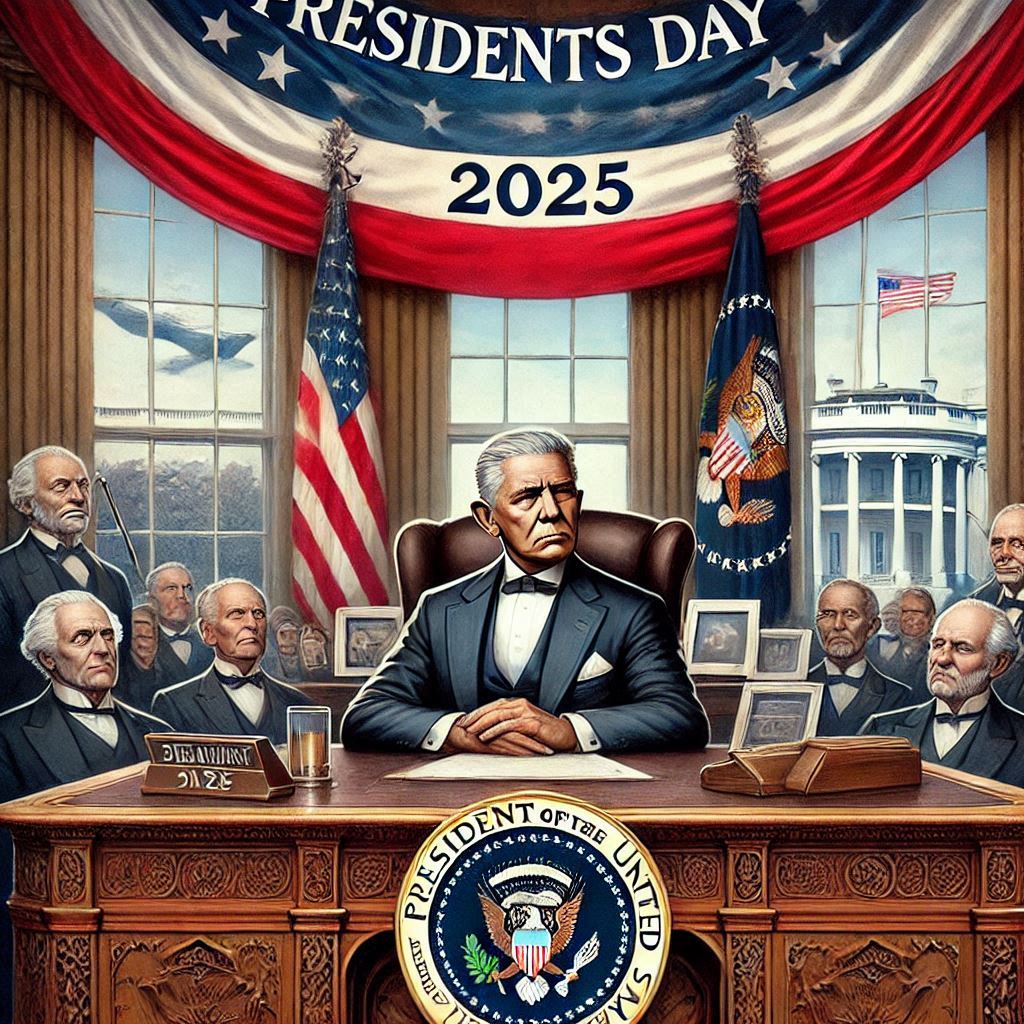Posted On 17 Feb 2025
Presidents’ Day, observed on the third Monday of February, is a federal holiday in the United States that celebrates the contributions of American presidents. Initially established in honor of George Washington’s birthday, the holiday has evolved to recognize all U.S. presidents, past and present. Presidents’ Day is not only a time to reflect on the nation’s history but also a reminder of the enduring principles of leadership, democracy, and public service.
Historical Background: The origins of Presidents’ Day can be traced back to the 19th century. Following George Washington’s death in 1799, his birthday, February 22nd, became a day of remembrance and celebration. Washington, the first president of the United States and a key figure in the American Revolution, was widely admired for his leadership and contributions to the founding of the nation. In 1885, President Washington’s birthday was officially recognized as a federal holiday.
In 1971, the Uniform Monday Holiday Act was passed, which aimed to provide more three-day weekends for the nation’s workers by shifting the celebration of certain holidays to Mondays. As a result, Washington’s Birthday was moved to the third Monday in February. Over time, the holiday became commonly known as Presidents’ Day, and its scope expanded to honor all U.S. presidents, including Abraham Lincoln, whose birthday is also in February.
Significance and Traditions: Presidents’ Day serves as an opportunity to reflect on the achievements and legacies of the individuals who have held the highest office in the United States. It is a day to honor their contributions to the nation’s development, progress, and governance. The holiday also highlights the importance of civic duty and the principles of democracy and public service.
Various traditions and activities are associated with Presidents’ Day. Schools and educational institutions often hold special programs and activities that focus on American history and the role of the presidency. Students may participate in essay contests, research projects, and presentations about different presidents and their impact on the nation.
In addition to educational activities, many people take advantage of the long weekend to engage in leisure and recreational activities. Presidents’ Day sales and promotions are common, with retailers offering significant discounts on a wide range of products. Parades, reenactments, and public ceremonies are also held in some communities to commemorate the holiday.
Conclusion: Presidents’ Day is a meaningful celebration that honors the leadership and contributions of U.S. presidents. It provides an opportunity for Americans to reflect on the nation’s history, the principles of democracy, and the importance of public service. Whether through educational programs, community events, or personal reflection, Presidents’ Day serves as a reminder of the enduring legacy of the individuals who have shaped the course of American history. By celebrating Presidents’ Day, we honor the past while looking forward to the future, inspired by the values and ideals that define the American presidency.








